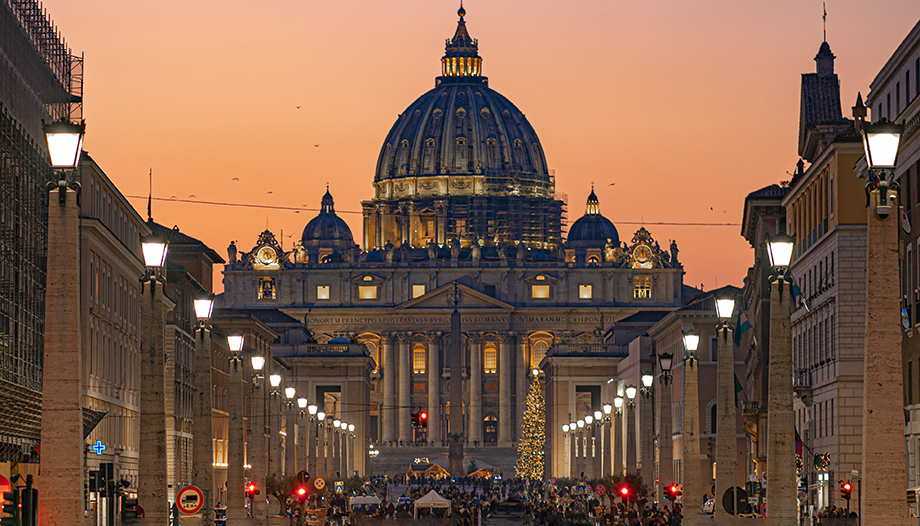This Saturday, May 13, the new law was enacted. Fundamental Law of Vatican City Statewhich amends that of the year 2000.
The origin of the fundamental law of Vatican City dates back to the Lateran Agreements, which were signed in 1929 between the Holy See and the Kingdom of Italy. These agreements established the creation of Vatican City as an independent state and put an end to the long-standing dispute between the Catholic Church and the Italian government.
What does the fundamental law establish
The fundamental law of Vatican City, known as the Fundamental Law of Vatican City State, was promulgated on June 7, 1929.
This law establishes the structure and functioning of the state and guarantees the independence and sovereignty of the Vatican territory.
The fundamental law establishes that the Pope is the head of state and has executive, legislative and judicial powers in Vatican City.
It also states that the Vatican City government is composed of several bodies, such as the. Governatorato of Vatican City State and the Pontifical Commission for Vatican City State.
New features of this fundamental law
With respect to the fundamental law of the year 2000, the present law presents a clearer structure with respect to the power, the organs of government and the functions they exercise. In this sense, we see a norm that seeks to regulate a state that has a peculiar configuration and purpose.
First of all, we are dealing with one of the smallest states in the world, in terms of territory, but whose purpose is to support the Catholic Church, so that it can enjoy independence in carrying out its evangelizing mission. Thus, as a subject of international law, the Church is guaranteed autonomy from other states or external interference.
On the other hand, it is a constitution for a state, hence it is called a fundamental law. That is why Pope Francis clarifies in the introduction of the norm that this ordinance is different from that which corresponds to the Roman Curia, since the former is proper to a state, while the latter is an internal ordinance, of canon law, for the organisms that assist the Roman Pontiff in the government of the Church, and not as a state.
One aspect to highlight is the differentiation he makes between the Roman Pontiff as the one who holds the fullness of power, something unusual in contemporary states, but understandable due to the nature of the state and the function exercised by the Pope, the Petrine ministry; and on the other hand, the legislative, executive and judicial function exercised by the different bodies.
Thus it is clear that these bodies exercise the corresponding function because it is given to them by the Supreme Pontiff, who can at any time exercise it on his own account. This can be seen in the text of the norm, which presents a title for each function it regulates, which was not the case in the norm of the year 2000.
Importance of the Governatorato
The Fundamental Law, as Pope Francis points out, gives special importance to the Governorate of the Vatican City State, which exercises the functions proper to the State order.
This makes it possible to distinguish that we are dealing with a state ordinance and not with canonical norms, although canon law can serve as a means of interpreting the laws of the Vatican state.
It is noted that there is a government of the state that rests with the President of the Governatorato, who in turn is the President of the Pontifical Commission.
This body has been assigned the legislative function, with the novelty that it may be composed of lay members of the Church, a change that is in line with the recent reforms of Francis, who seeks the participation of all the faithful, men and women, laity, priests and religious.
To the Pontifical Commission is added a College of State Counselors, who were consulted separately, whereas now they form a college.
The new Fundamental Law will enter into force on June 7, 2023. This reform of the Constitution of the Vatican State serves as the legal framework for all other reforms. reforms Pope Francis has done for the Church and for the Vatican City State, both in financial matters and in criminal matters and the protection of minors and vulnerable persons.








